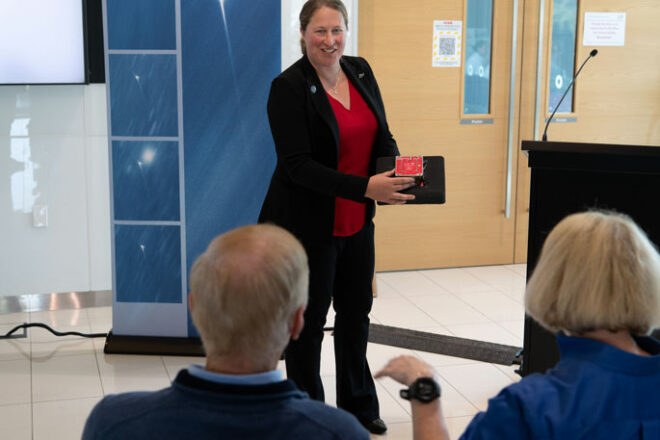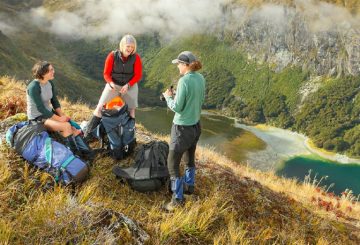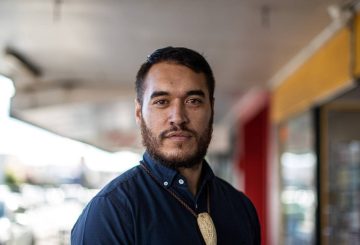A research facility prototype developed in Christchurch will soon orbit Earth aboard the International Space Station under a partnership between the Ministry of Business, Innovation and Employment and US space company Axiom Space.
The facility for studying protein crystal growth in space, developed by Senior Lecturer at the University of Canterbury’s School of Product Design Dr Sarah Kessans, in collaboration with teams from Arizona State University and Christchurch companies Asteria Engineering Consultancy and Intranel, was one of two projects selected for initial feasibility studies in 2022.
Sarah’s research facility is scheduled to fly on Axiom Mission 3 (Ax-3) later this year, which will be the third private astronaut mission to the ISS.
These crystals can then be used to create high-resolution pictures of the protein’s structure.
“That’s why we’re excited to be sending the first prototype of our facilities to the International Space Station with Axiom Space. This initial project represents just the beginning of what we hope to develop into an entirely new industry in New Zealand at the interface between aerospace and biotechnology.”
New Zealand’s partnership with Axiom Space, especially as they transition to operation of their future commercial space station in low-Earth orbit, will create opportunities for commercial microgravity research.
The experiment is a key milestone which will lead to the development of an extremely efficient in-space propulsion system.
This research is expected to fly in 2024.
More information on MBIE’s partnership with Axiom Space is available on the MBIE website.
Credit: sunlive.co.nz






























































